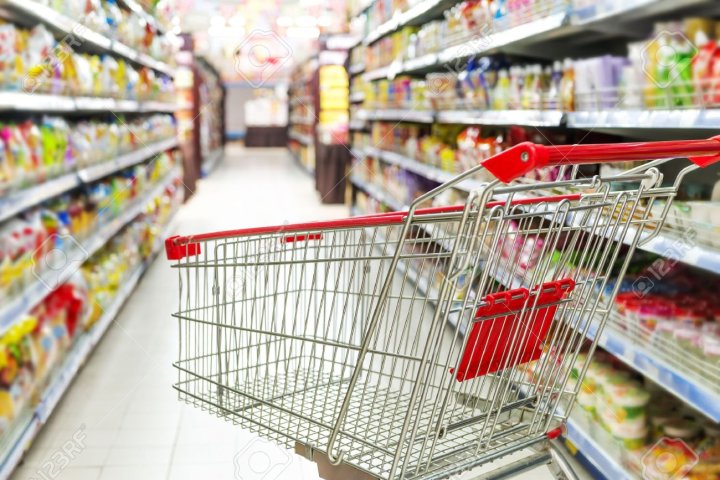
INDEC published the Survey of supermarkets For the month of May in which he confirms a 1.2% drop in sales compared to the previous month. In the interannual comparison, “the total sales index at constant prices shows a 6.1%increase.” And in the first five months of 2025 the positive variation was 4.6% above what was registered in the same period of 2024.
For its part, in the Survey to wholesale centers May, the total sales index at constant prices shows a decrease of 4.9% compared to the same month of 2024. The accumulated January-May of 2025 has a 6.3% drop compared to the same period of 2024. The monthly variation a rise of just 0.7%.
These are two measurements about Mass consumption with disparate resultsthat continue to mark the effect of the fall in demand. The loss in the purchasing power of wages, retirement and popular income continues to explain this behavior, even with an inflation index at low levels. Recall that in 2024 consumption registered its worst collapse in decades, according to a study by the consultant felt the fall was 14%.
Under the Milei and Caputo model, not only external debt grows, as a product of its adjustment policies and ironed salaries, the use of credit for purchases in supermarkets increases. In this data, the INDEC report was conclusive, during the month of May 45.6% of sales in supermarkets (at current prices) were paid by credit card, it is a rise of 45.6% compared to the same month of 2024.
He Household indebtedness It is a trend that began to grow before the fall in the purchasing power of wages. Arriving at the end of the month costs more, in addition to multi -employment, households resort to consumption financing. A report by the LCG consultancy alerts on growth in the BANK MORRESS. “Public delinquency data (until April 2025) show that it rose to 4.6% in personal loans already 2.9% on cards. They are not alarming levels, but various banks comment that delinquency continued to increase in May and June, affecting families of several economic segments,” says the report. The recent increases in the interest rate can aggravate this trend, with salaries that remain backward and services that continue to gain weight as a proportion of income and are not captured by the CPI.
The Odyssey of Filling the Changuito
President Javier Milei has sustained in interviews that consumption data does not reflect the change in current purchase modalities. He did it to reduce importance to a fact that affects the popular sectors. In contrary to what Milei says, the supermarket report shows that 96.5% of May sales were made in the shopping hall while those made online represent only 3.5% of total sales. “The panel that composes the supermarket survey, in the reference month, is 94 companies with 3,164 mouths of Expendio,” says the report.
Under the backward dollar model, ironed salaries, indebtedness and commercial opening, mass consumption fails to rebound. Faced with the recent increases in the dollar, as different analysts point out, it is not yet clear how much will be the transfer at prices that could continue to sink consumption. What is clear is that the pressures on the dollar will increase in the electoral prelude.
Another effect of the fall in mass consumption combined with the import opening can be reflected in some eating branches such as dairy. Companies such as Verónica or Sancor have announced dismissals, trying to recharge the costs of this crisis that is deepened. Molinos and Georgalos, are other foods that are also facing layoffs.
Faced with the crisis in progress, immediate measures are necessary to recompose the purchasing power as an emergency rise of wages, retirements and social programs. The minimum wage must be equal to the family basket elaborate by the workers of ATE INDE estimated at $ 1,869,924 to meet their basic needs.
Source: www.laizquierdadiario.com

